By Jonathan Martens, Senior Migrant Assistance Specialist, IOM Regional Office for Asia Pacific.
Rescuing victims from sexually exploitative situations isn’t always enough to ensure they go on to live happy and successful lives. While liberating someone from a situation of slavery or related form of exploitation may be necessary to improve their options, it is almost never sufficient to guarantee a long-term positive outcome.
Many trafficking survivors face a raft of problems when they return to their communities. They might have to deal with a family’s disappointment that they have failed to earn the income they were expecting. Or they might still owe money to labour brokers and money lenders who assisted their initial migration.
IOM research in the Lower Mekong suggests that the majority deal with depression and anxiety. As many as one in every six victims contemplates suicide within three to six months of having escaped the situation of exploitation. Still others have to confront the stigma associated with their exploitation, and particularly those who were exploited in prostitution.
It is therefore no surprise that some rescued victims are re-trafficked.
Emergency support services for people identified as victims of human trafficking are becoming more available. Yet there is still a need to make available more consistant, long-term support options. These can include:
- More safe migration opportunities that are tailored towards the needs of individual survivors and can help them to towards psychosocial, social, and economic self-sufficiency.
- Strengthening communities so that they more effectively integrate people who have survived an exploitive experience
- Ensuring trafficking survivors get access to justice for the crimes committed against them and that, to date, very few ever get it.
States continue to find it difficult to prosecute trafficking crimes and, even when they do, convictions remain rare and financial compensation for trafficking survivors is rarer still. Very few have the means to sue exploitive employers for damages.
With so many pressures and pitfalls, it is indeed a myth that rescuing victims can guarantee a positive outcome. However, it can be a necessary first step.
Learn more
- Discover the truth about human trafficking for sexual exploitation: http://iomx.org/SE/
- Take a 15-minute e-learning course on stopping trafficking and sexual exploitation.


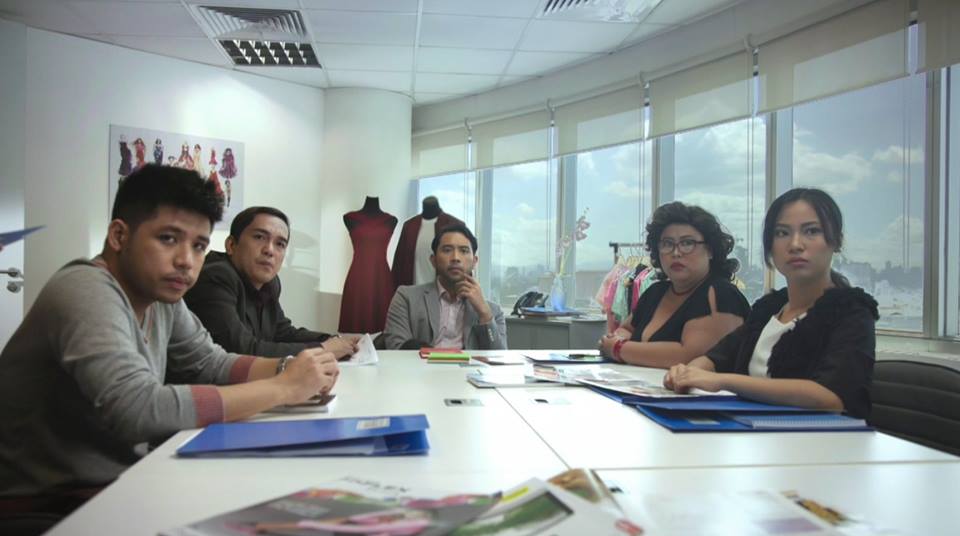



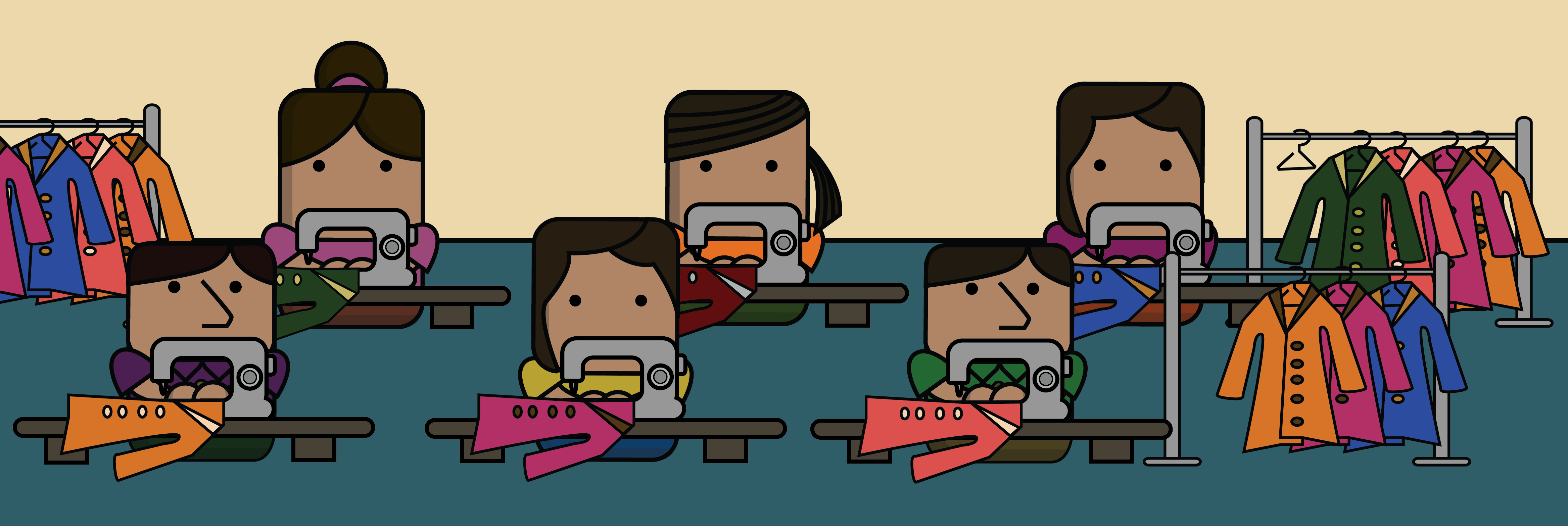
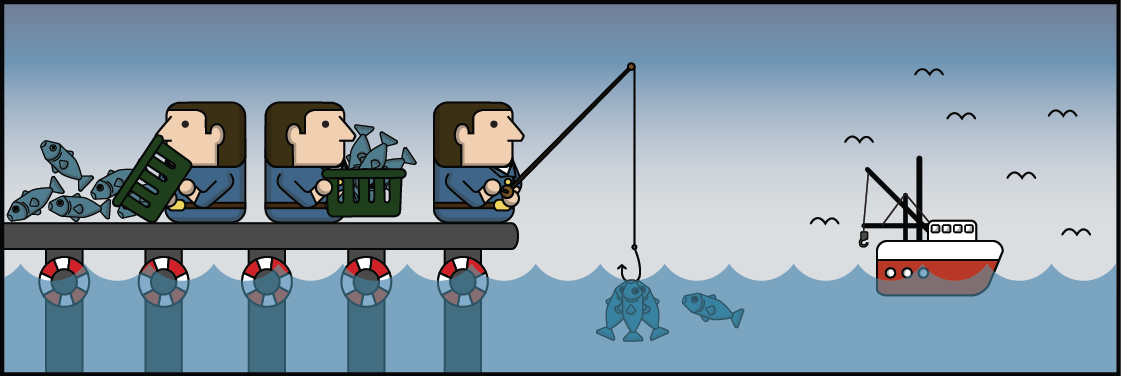



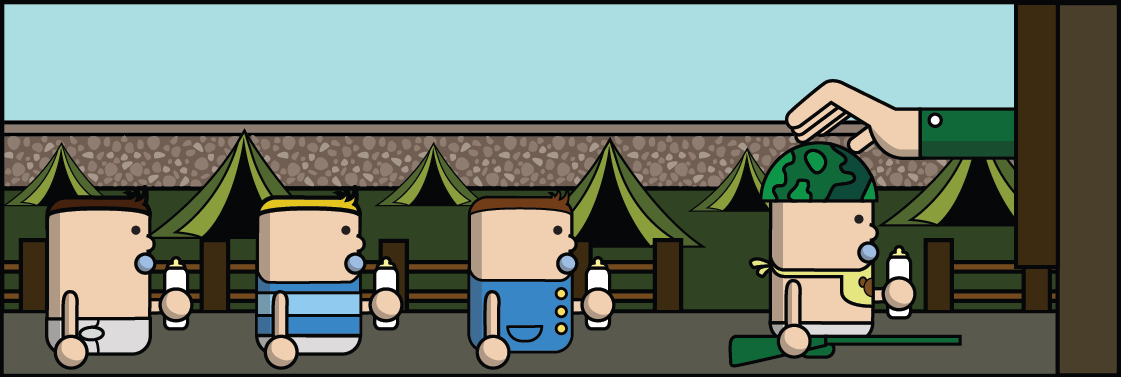
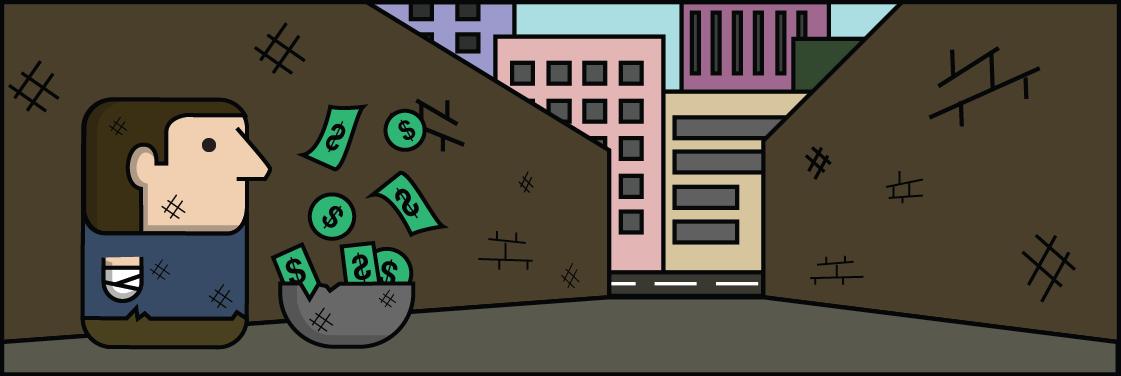

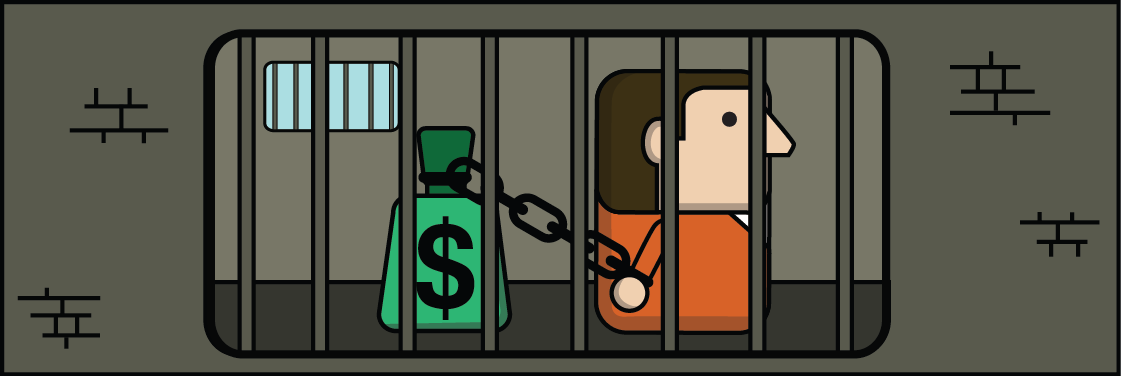
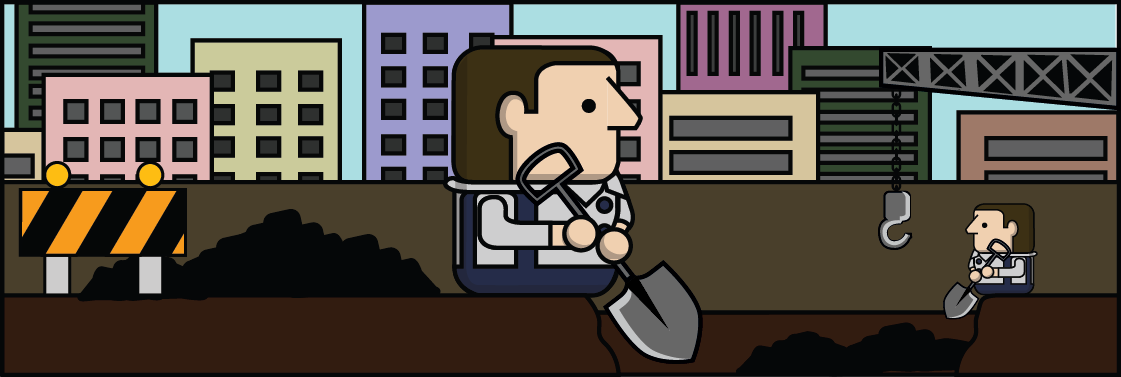

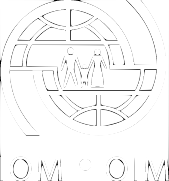 Power by
Power by